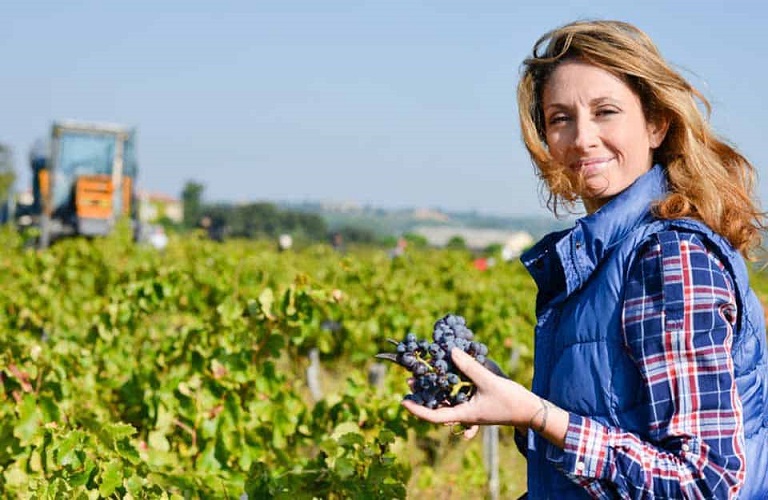
She kept the Greek countryside alive. She supported the family by working hard from scratch in the field, in the stable and in her household. She preserved folk traditions. This is the Greek female farmer of the older generations.
Today, the new female farmer – despite difficulties – is the one who adds to the above occupations the utilization of agricultural programs, actions, while innovating and evolving. She even goes a few steps further, managing agricultural land, training and upskilling, coming up with innovative ideas and implementing them.
On a more general level, women continue to play a critical role in the economic development of rural communities both in our country and at the European level. Nevertheless, although it is a key role in a farm, the phenomenon of being “invisible” has not yet disappeared, facing greater difficulties, compared to men, in terms of decision-making processes.

The Greek woman farmer
In Greece, the female farmer is called upon to support the development of the primary sector. Its contribution in this field is also recorded in the latest data available from the Ministry of Internal Affairs and Communications:
Of the 328,121 Greeks who have as their main occupation farming, 151,055 are women.
From the IACS data it appears that of the 661,815 applications made in 2022, 306,749 concern female farmers, i.e. 46.34%.
The cultivated area declared by women is 36% of the total declared area across the country.
But also in the European programs in Organic Agriculture, 37% of the beneficiaries are female professional farmers. In New Farmers 32.63%, in Equalization 54.2%, in Improvement Plans 29%, in agro-environmental 43%, in small holdings 45.4%.
In general, 53.48%, i.e. a majority, of the beneficiaries of European programs are women.
In the Agricultural Growth funding program, 53.48% are women.
A characteristic element is also that the Women’s Agricultural Cooperatives, at the beginning of 2000, amounted to 71 and according to the latest data, they are now 141, with more than 90 active, offering employment to a large number of women.
The EU is committed to improving the situation, in particular through the EU Action Plan for Rural Development, supporting the uptake of women’s entrepreneurship, women’s participation in decision-making and the provision of appropriate services in rural areas.

Female farmers in the EU
Around a third of farms across the EU are managed by women. However, only 4.2% of female farm managers are under the age of 35. The employment rate in agriculture for women remains consistently lower than for men.
Also, in addition to the reduced percentage of women engaged in agriculture, the size of farms managed by women is considerably smaller than that of men. The average farm size for farms managed by women is 6.4 hectares, less than half of the 14.4 hectares for farms managed by men.
But what can the EU do to help encourage more women to join the primary sector?
Most of the measures supported or funded by the EU aim to make agriculture more attractive to both sexes, in fact – income support for farmers, additional support especially for young farmers – while modern farming techniques – with the help of satellites and robots – also make it more attractive for everyone.
Gender mainstreaming is also addressed through the Rural Development Programs funded through the Common Agricultural Policy: EU countries are required to analyze the situation of women in rural areas and take the results of these analyzes into account when planning the programs of agricultural development.
However, the new CAP 2023-2027 focuses more on promoting women’s participation in the socio-economic development of rural areas, with particular attention to agriculture, supporting the key role of women.
Latest News

Deadline for Postal Vote Registration Expires on Mon.
More than 157,000 Greek citizens had registered on the relevant online platform so far

Orthodox Palm Sunday Today; Shops Open in Greater Athens-Piraeus Area
Orthodox Holy Week begins on Monday, April 29, and ends on Sunday, Easter Sunday or Great and Holy Pascha (May 5)

Greek Retailers Remain Optimistic About Easter Shoppers’ Turnout
While stores are expected to be open on Sunday, April 28, the majority of Easter shoppers will likely do their shopping during the Holy Week, following the deposit of Easter bonuses

Europeche: Greek Apricot Production Recovers
Europeche forecasts the production will bounce back despite a slight decrease in varieties attributed to high winter temperatures

Bank of Greece (BoG): Business-Household Deposits Up 1,675bln in March 2024
In March 2024, the monthly net flow of credit to the general government was negative by 469 million euros

FT: Greece’s Economic Rebound a Balance of Growth and Poverty
Eurostat data revealed a significant 10.8% drop in Greek public debt relative to GDP in 2023, alongside a 2% economic expansion, outpacing Germany's performance.

Lavrio Port Authority Next Up for Privatization
A deadline for the submission of expressions of interest is May 14, 2024

Eurostat: Greece Records Largest Drop in Natural Gas Prices in 2nd Half of 2023
The price of electricity and natural gas in Europe was down following a substantial surge that began before the Russian invasion of Ukraine and peaked in 2022

GEK TERNA Still Considers Leveraging Concessions Portfolio as Financial Tool
President and CEO of Gek Terna George Peristeris explained the company's plans on Tuesday on the sidelines of the inauguration of sections of Greece's E65 highway

NielsenIQ: 3% Supermarket Revenue Increase in Q1
Private label products are gaining traction, comprising 25.4% of shopping basket shares, up from 24.7%



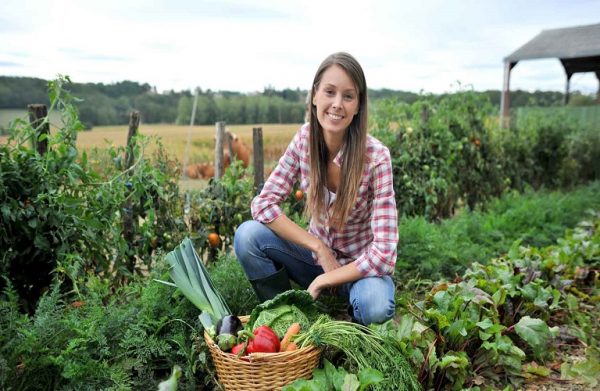





























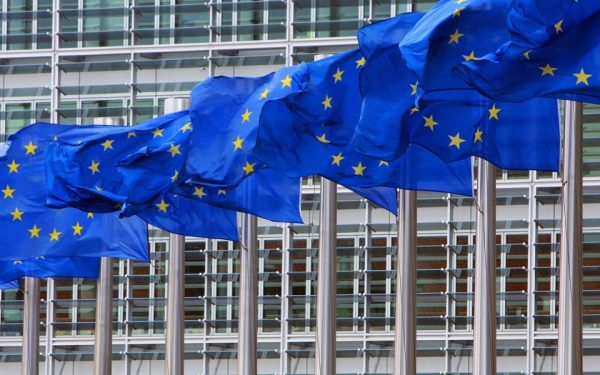



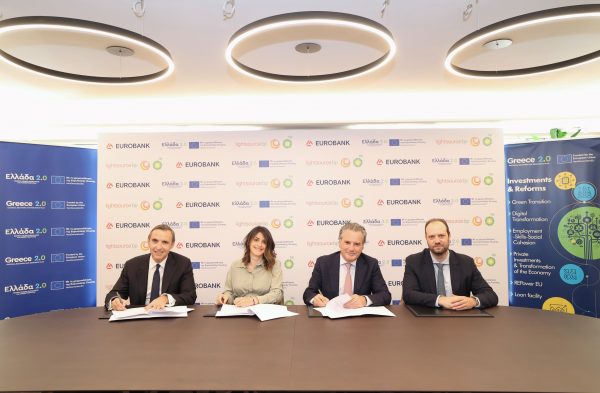


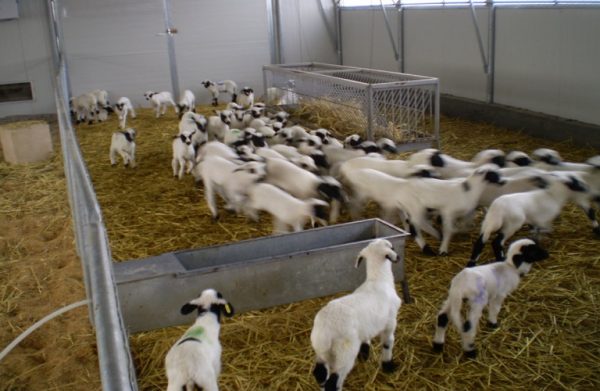


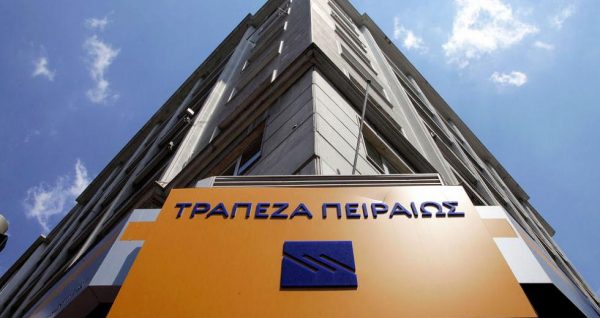

 Αριθμός Πιστοποίησης Μ.Η.Τ.232433
Αριθμός Πιστοποίησης Μ.Η.Τ.232433